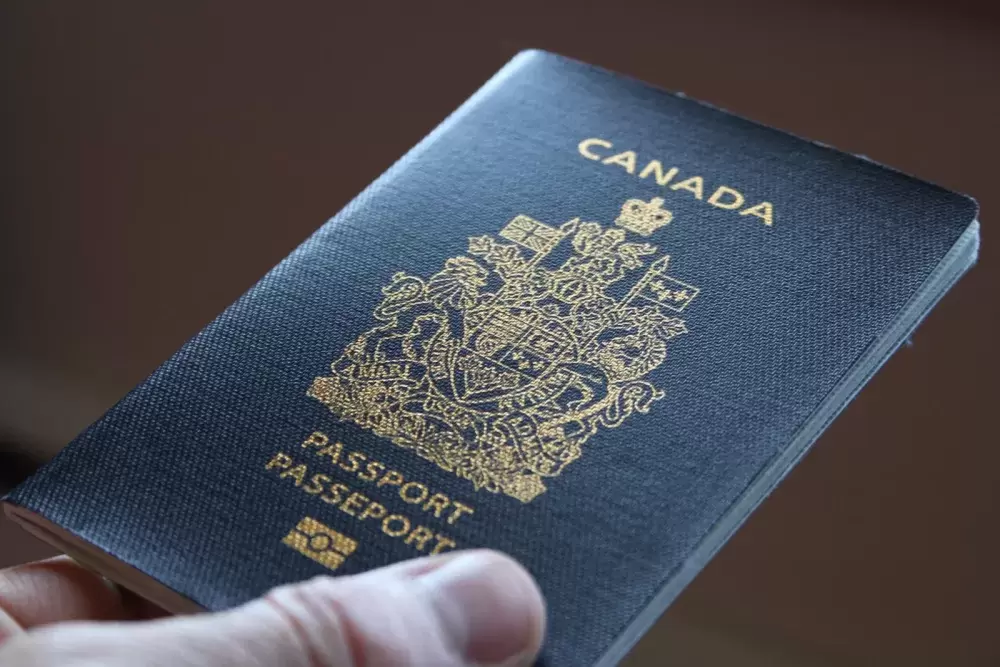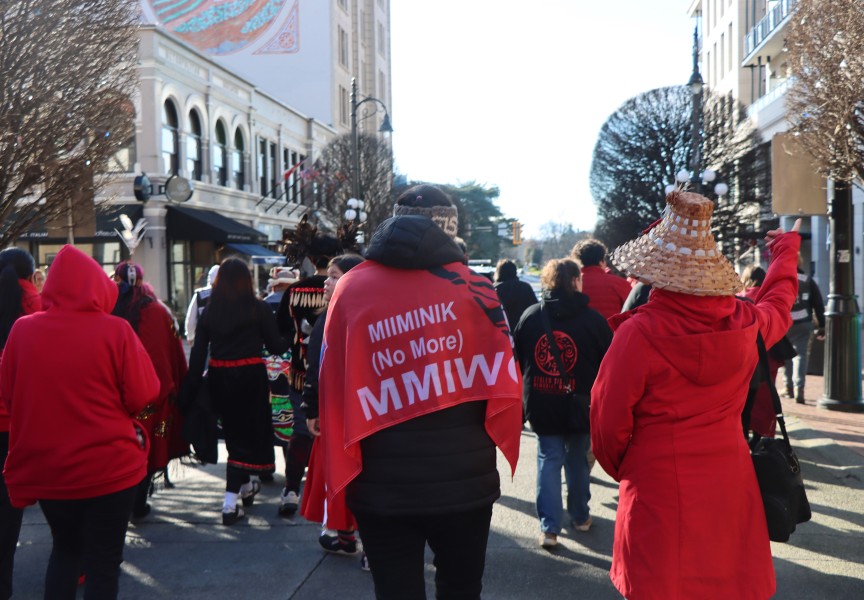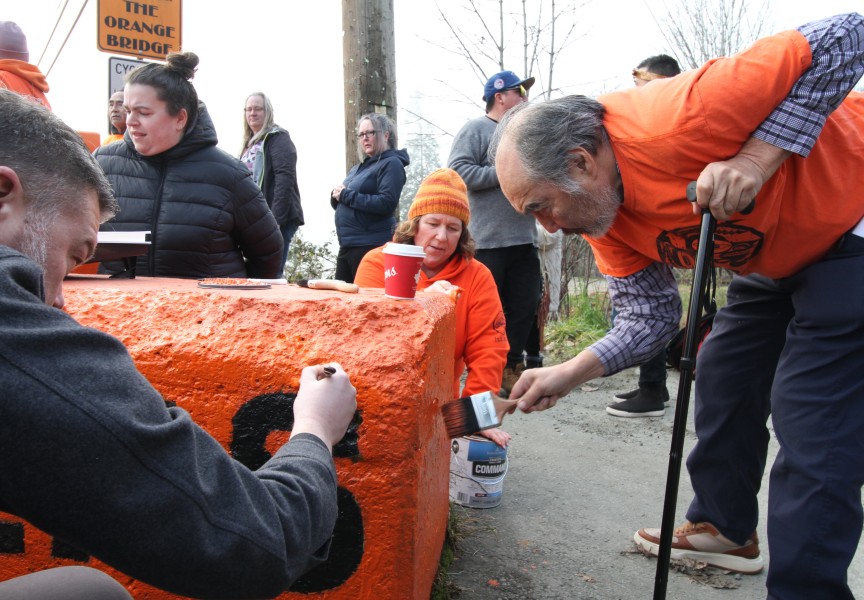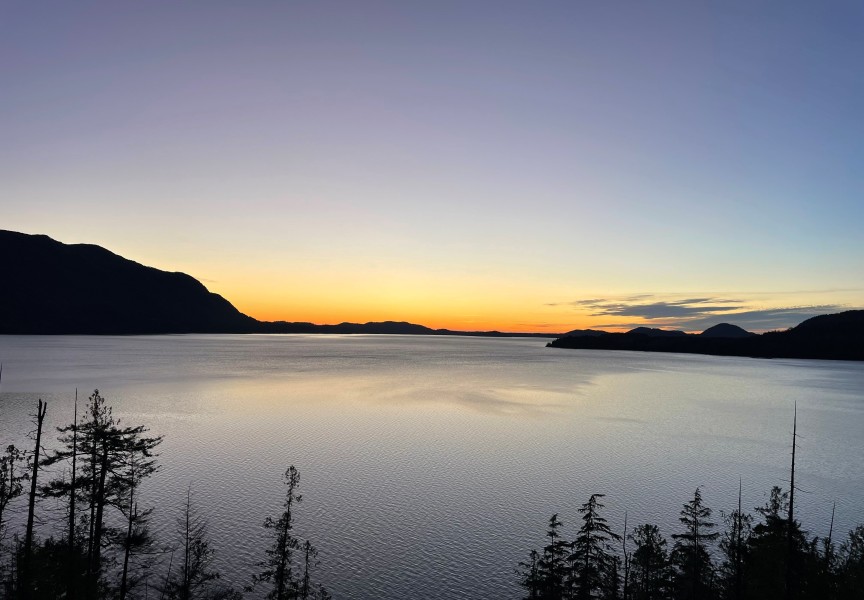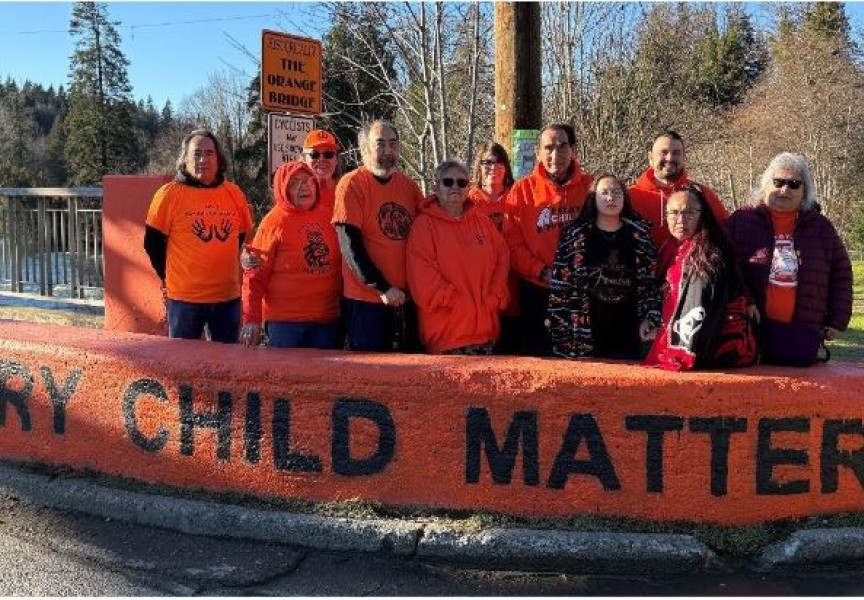The federal government announced in June that traditional Indigenous names can be used on passports and other travel documents.
The move comes in response to a Truth and Reconciliation Commission call to action, which appealed to the government to allow residential school survivors and their families to use their Indigenous names on government documents.
Immigration, Refugees and Citizenship Canada (IRCC) took it further to include travel documents, citizenship certificates and permanent resident cards, for all Indigenous peoples.
While it’s a “step in the right direction,” Mariah Charleson, Nuu-chah-nulth Tribal Council vice-president, said the new policy doesn’t go far enough.
The Nuu-chah-nulth language uses special characters and letters to help with the pronunciation of words, she said.
“If I just tried to anglicize [the words] and write them in English or French text, it wouldn’t be the same,” said Charleson. “It wouldn’t sound the same.”
Charleson said that as First Nations reclaim their identity, many people want to reclaim their name.
“A lot of our culture and who we are is enshrined in our language,” she said. “Recognizing the special characters is important.”
Currently, IRCC can only print in the Roman alphabet, with some French accents.
IRCC’s systems are developed in accordance with the International Civil Aviation Organization, which set the requirements to “help ensure all passports and travel documents are machine-readable,” said Nancy Caron, spokesperson for Immigration, Refugees and Citizenship Canada.
“All systems that handle passenger data, including personal identity information, follow the ICAO standards,” she said. “This makes sure no matter where you travel, your passport or travel document works across computer systems."
For the next five years, any Indigenous person can apply to reclaim their Indigenous names on travel documents, citizenship certificates and permanent resident cards free of charge.
“Supporting First Nations, Inuit and Métis peoples in reclaiming and using their Indigenous names is an integral part of the shared journey of reconciliation,” said Minister of Immigration, Refugees and Citizenship Marco E. L. Mendicino. “Traditional names are deeply connected to Indigenous languages and cultures, and an individuals’ identity and dignity. This change means that Indigenous peoples can proudly reclaim their name, dismantling the legacy of colonialism and reflecting their true identity to the world.”
Layla Rorick, who prefers to be called by her traditional Hesquiaht name chuutsqa, said she will not be changing her government documents.
The Hesquiaht First Nation language teacher said she worries that if all her travel documents don’t match with corresponding names, she might be denied access to cross borders.
“I don’t feel that the border service agents will be educated enough to understand why my passport would have my traditional name on it,” she said.
In order to avoid any possible issues, Caron said the IRCC recommends travellers have other identification documents that match their reclaimed names.
chuutsqa received her traditional name from the late-Simon Lucas when she got married in 2005. It is short for čuucqiłamuʔuqʷa, which was the name of her great-great-grandmother who lived in the Hesquiaht Harbour, where her parents continue to live today.
By using it, chuutsqa said she is helping to normalize the use of traditional names.
“It’s important to honour and remember the names that you’re given in your language,” she said.
While chuutsqa said she thinks it’s important for First Nations people to use their traditional names every day with their families and in their communities, “using it to cross borders” isn’t a priority for her.
“I really appreciate that [the government is] addressing a call to action,” she said. “It’s one more step towards reconciliation … it’s just not something that holds a lot of value for me.”
The Truth and Reconciliation Commission’s final report was published in December 2015. It outlined 94 calls to action to address the legacy of residential schools and to promote reconciliation in Canada.
According to IRCC, name change requests were being considered on a case-by-case basis until the formal process was established.
“A person’s name is fundamental to who they are,” said IRCC, in a release. “Indigenous names are endowed with deep cultural meaning and speak to Indigenous peoples’ presence on this land since time immemorial. Yet the impact of colonialism means that many Indigenous people’s names have not been recognized.”
Although chuutsqa said she doesn’t intend to change her government documents, she will continue to use her traditional name every day.
“It’s a way to reconnect to what our ancestors would have called us,” she said. “And to help others feel comfortable in knowing that using our language is safe, it’s fun, it’s part of living a good life.”

